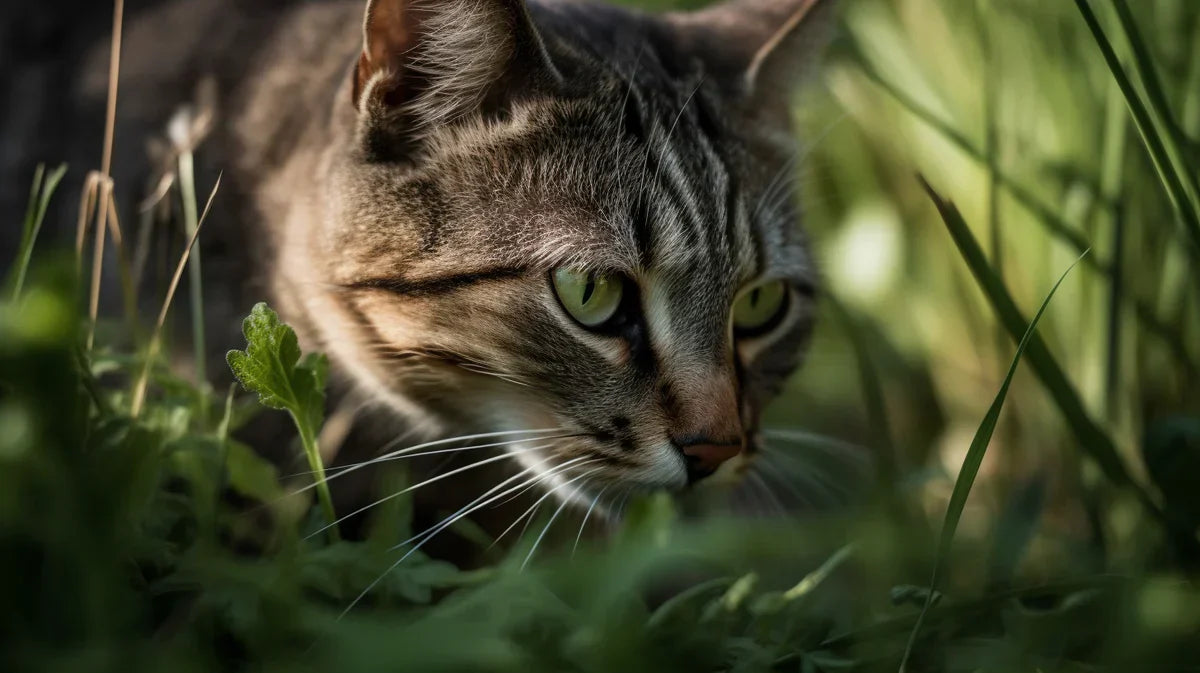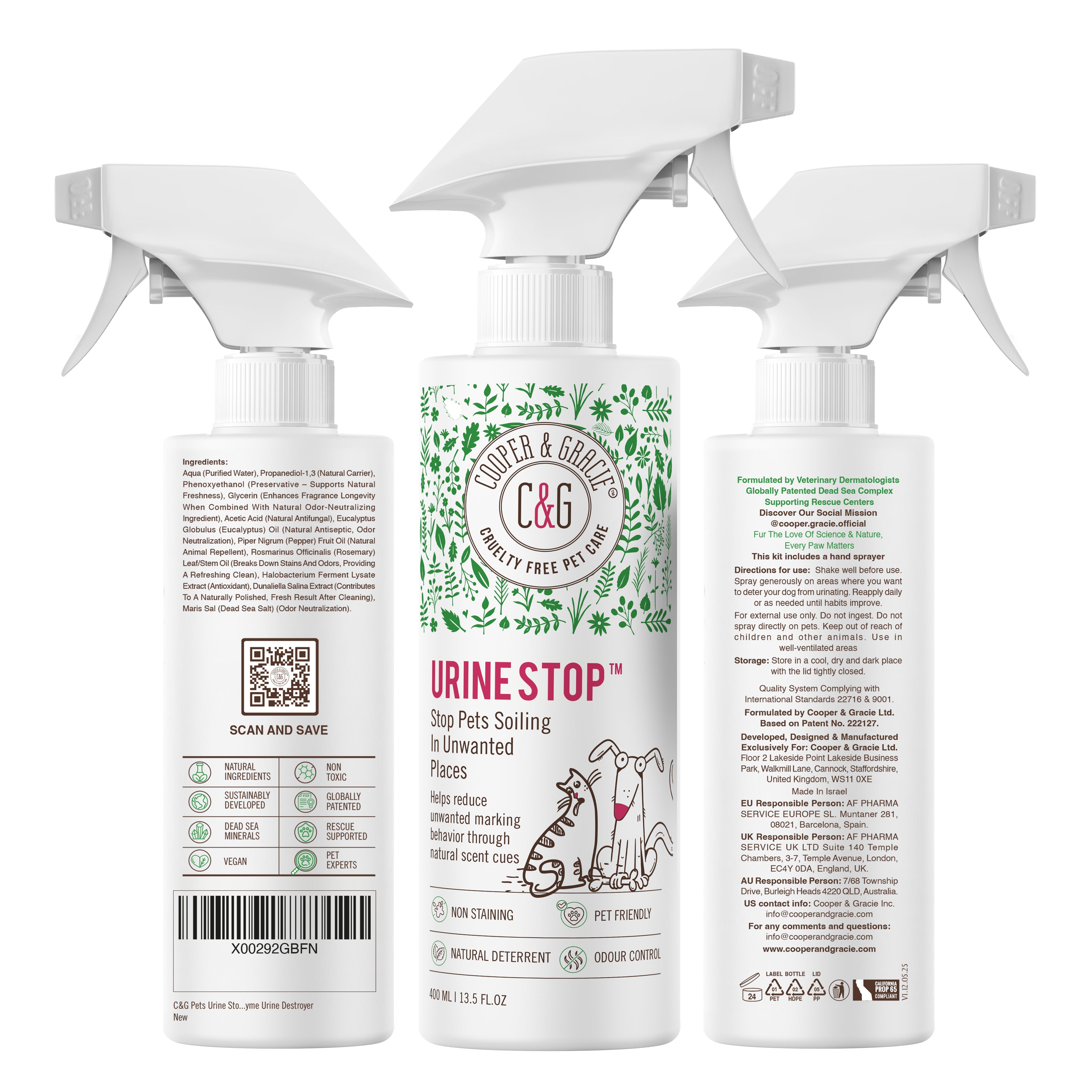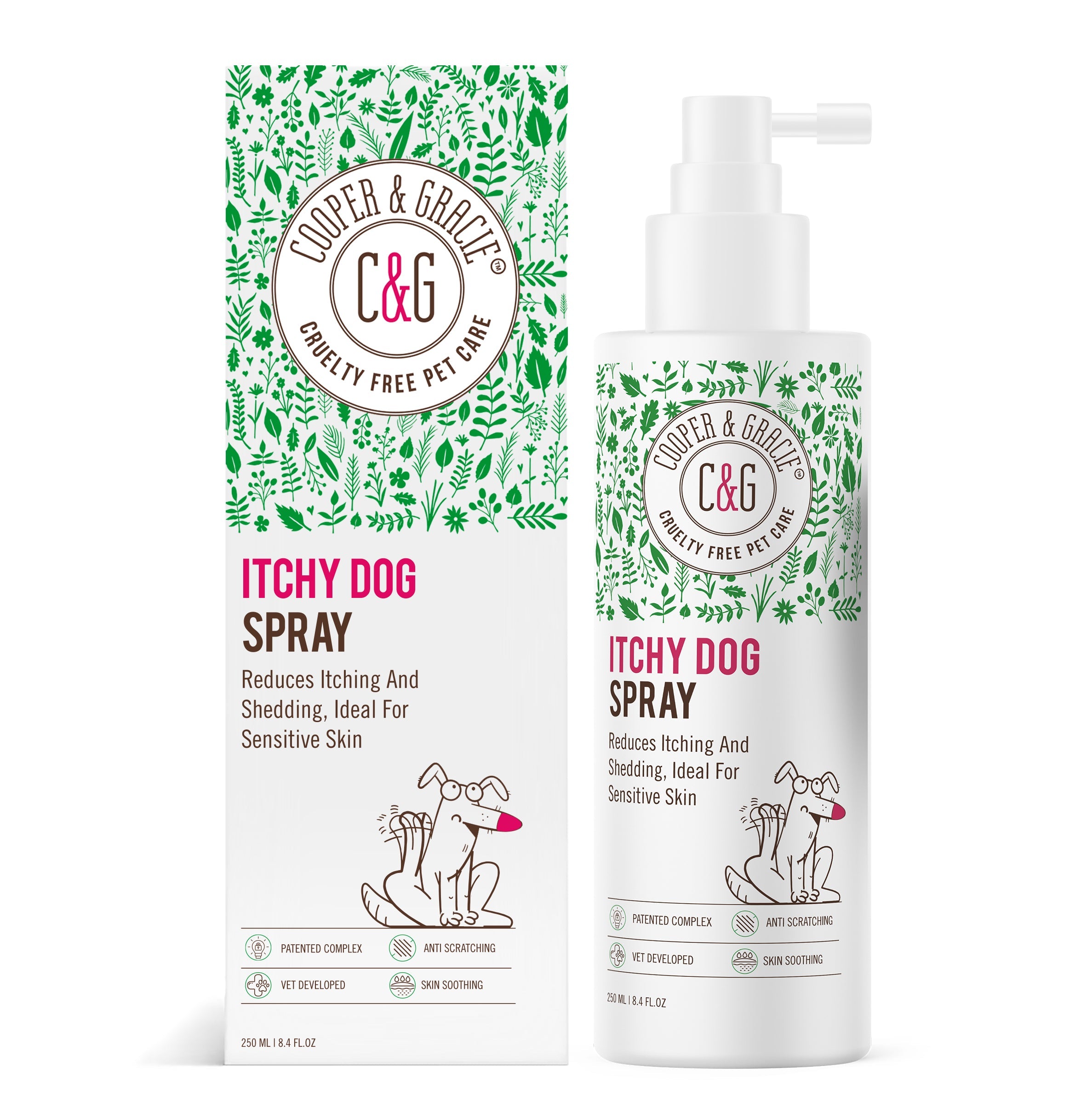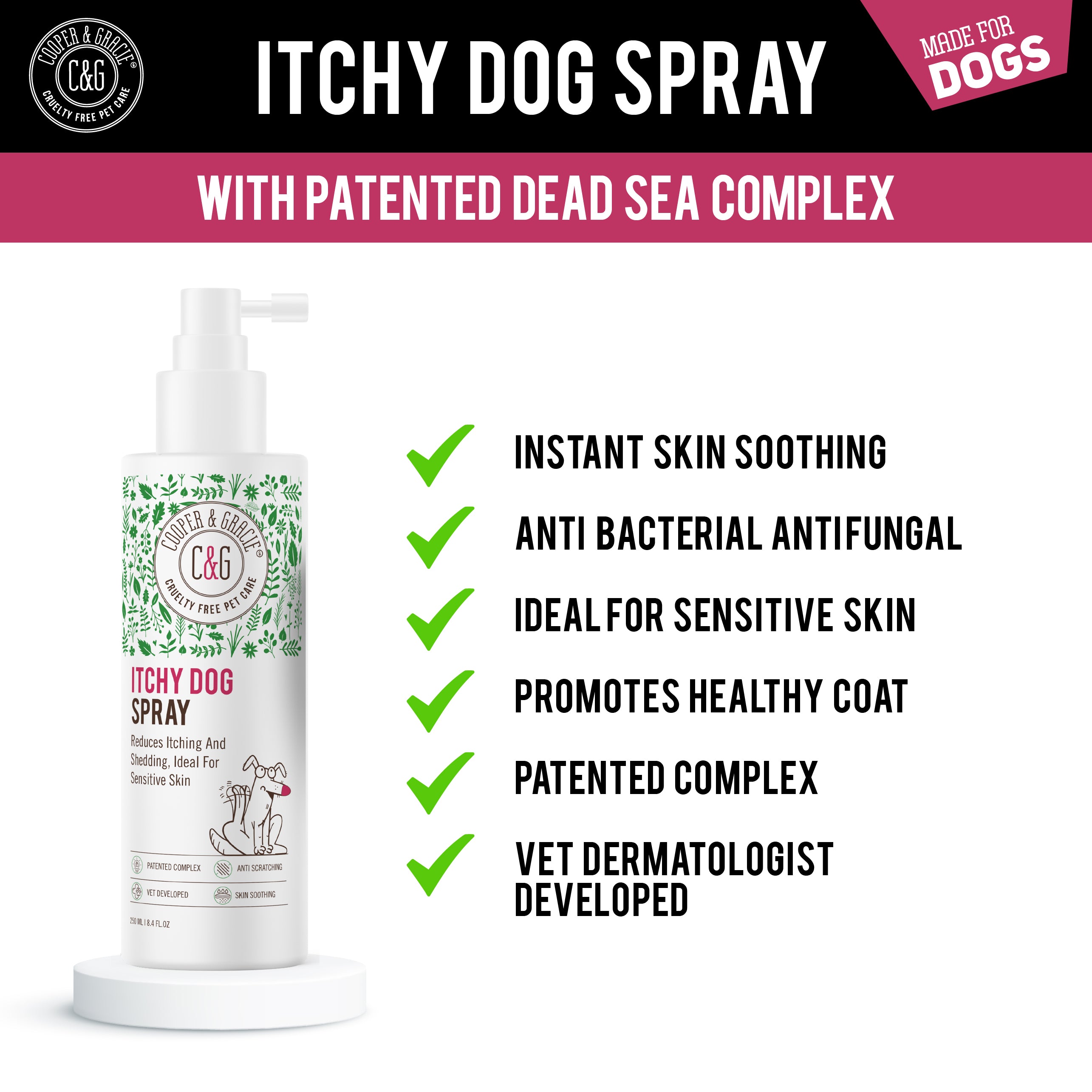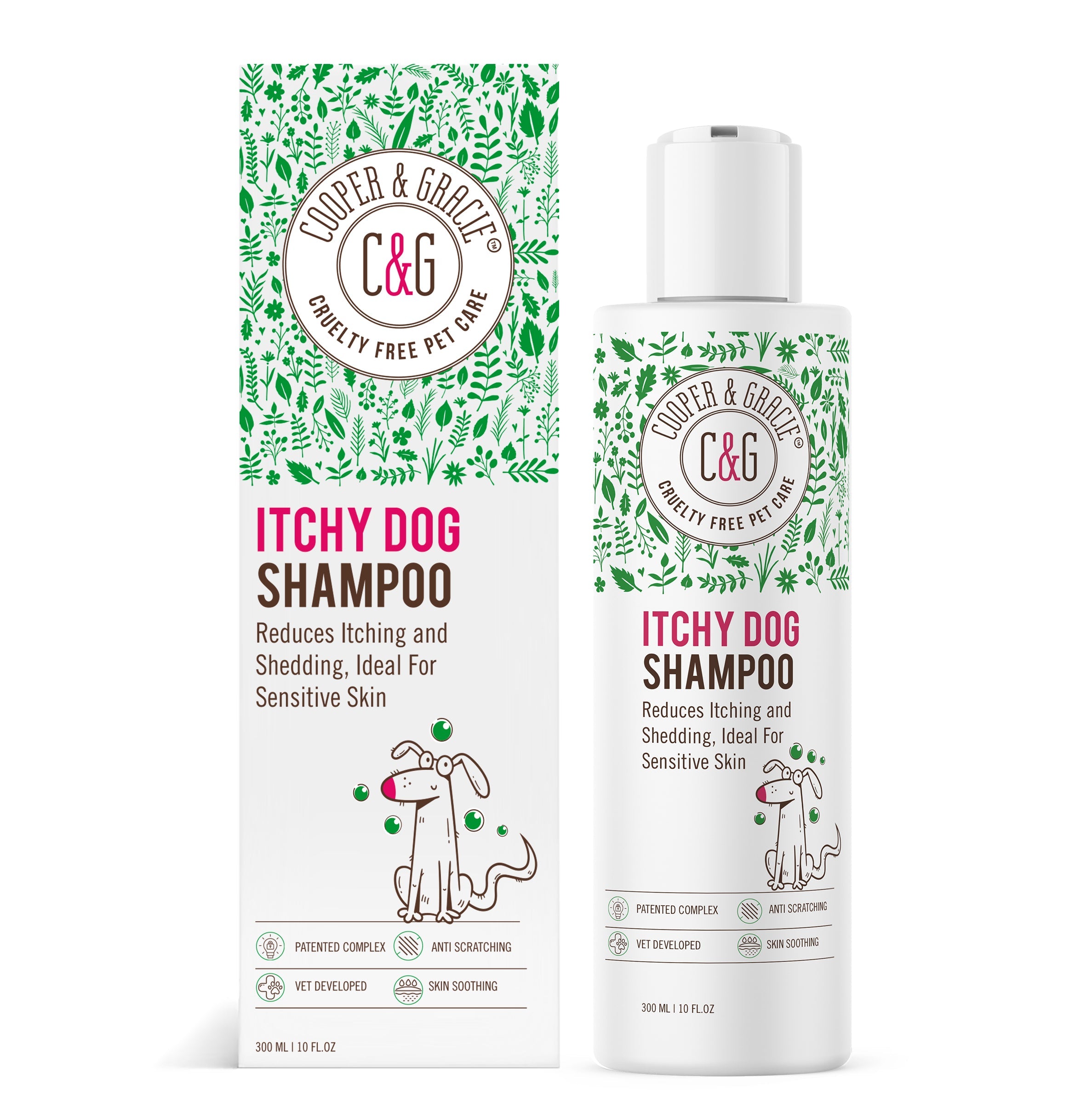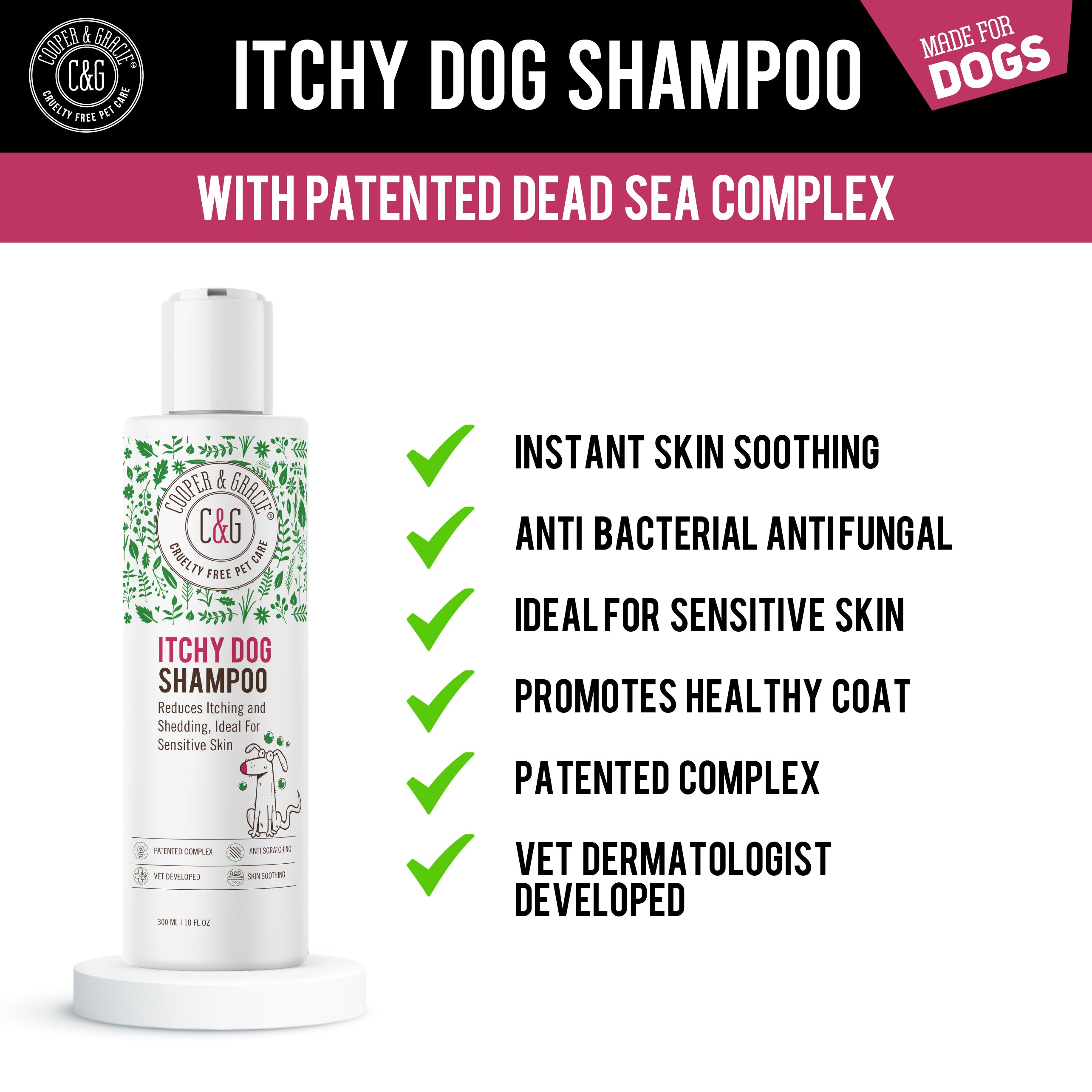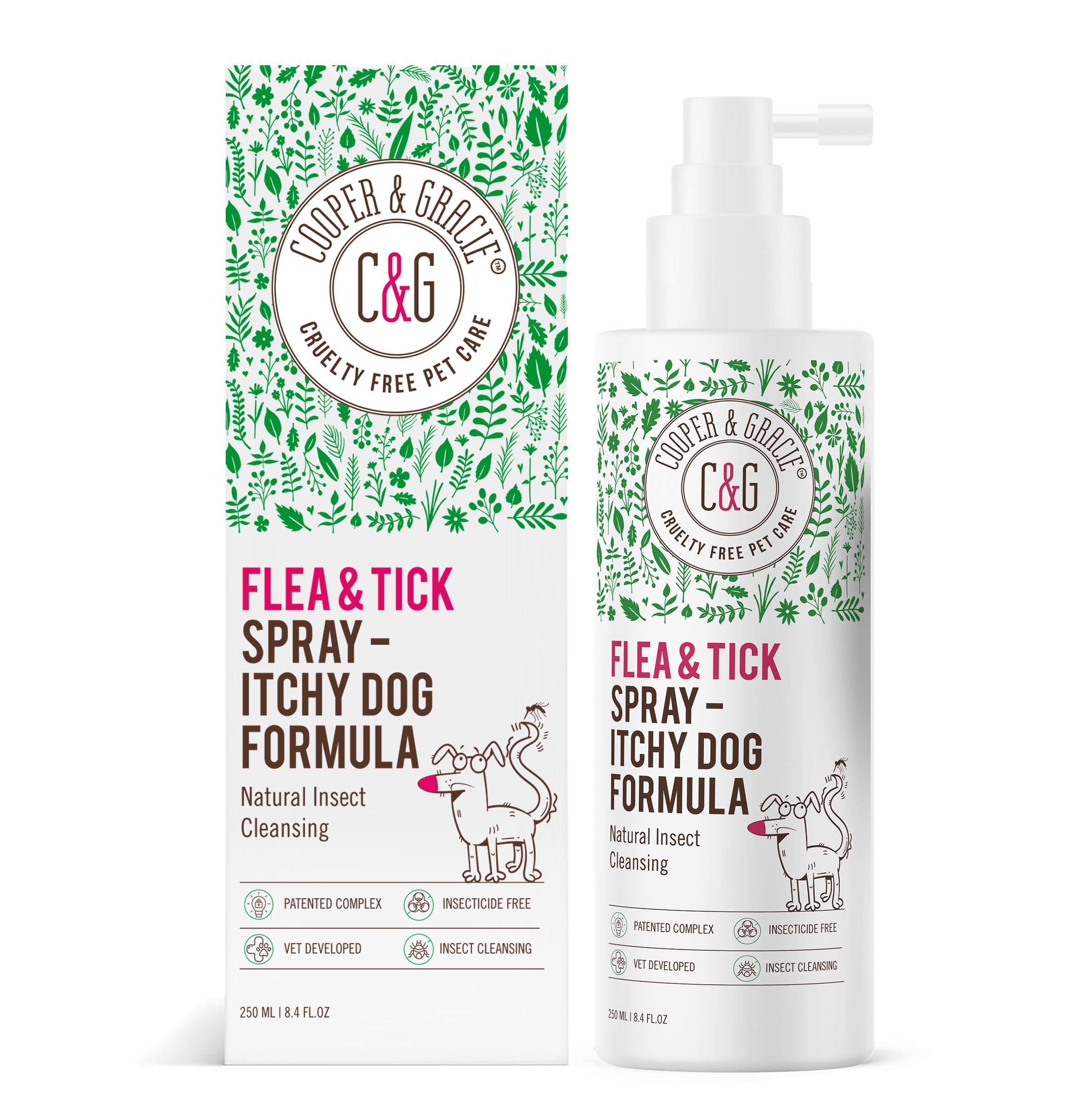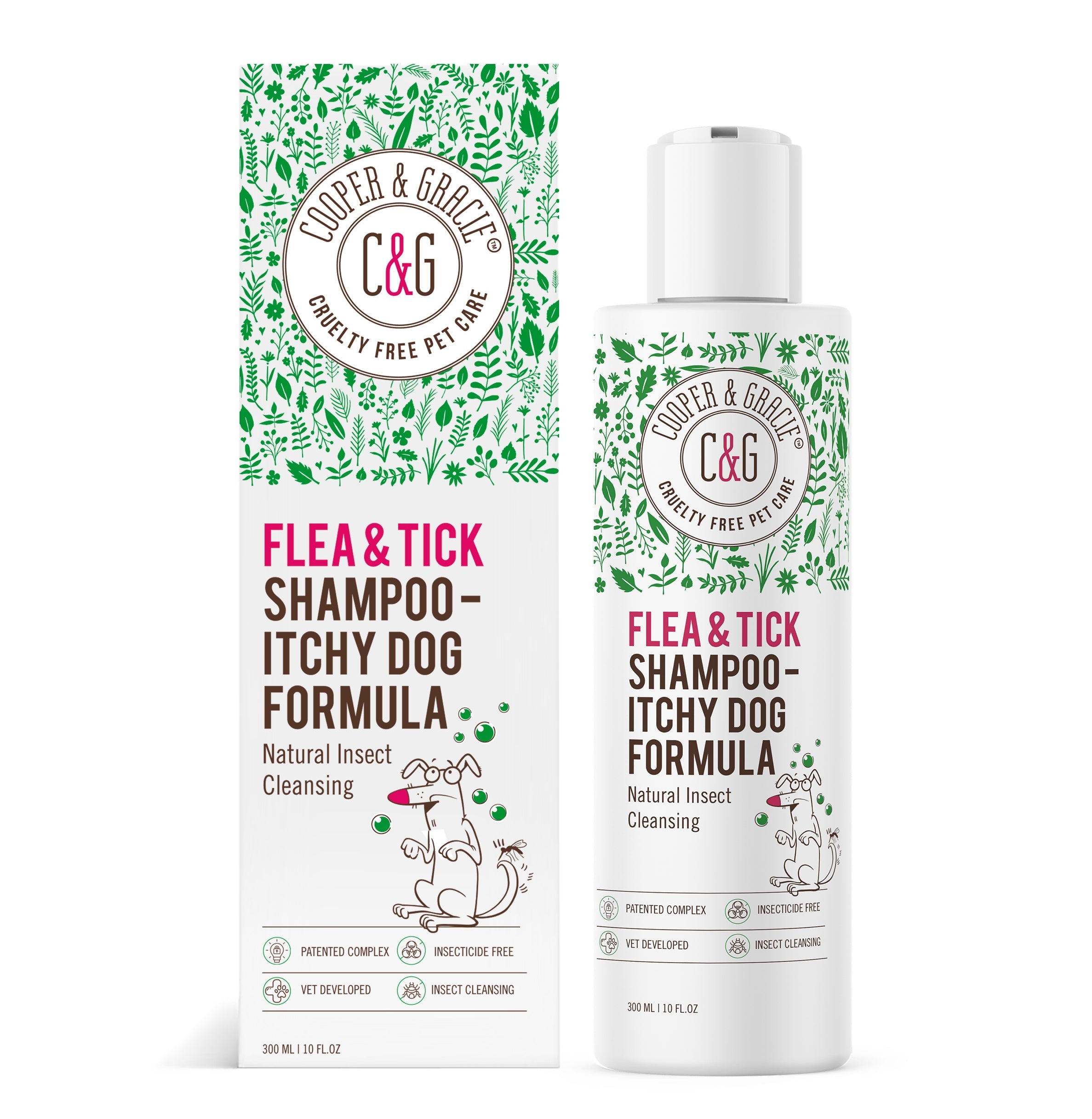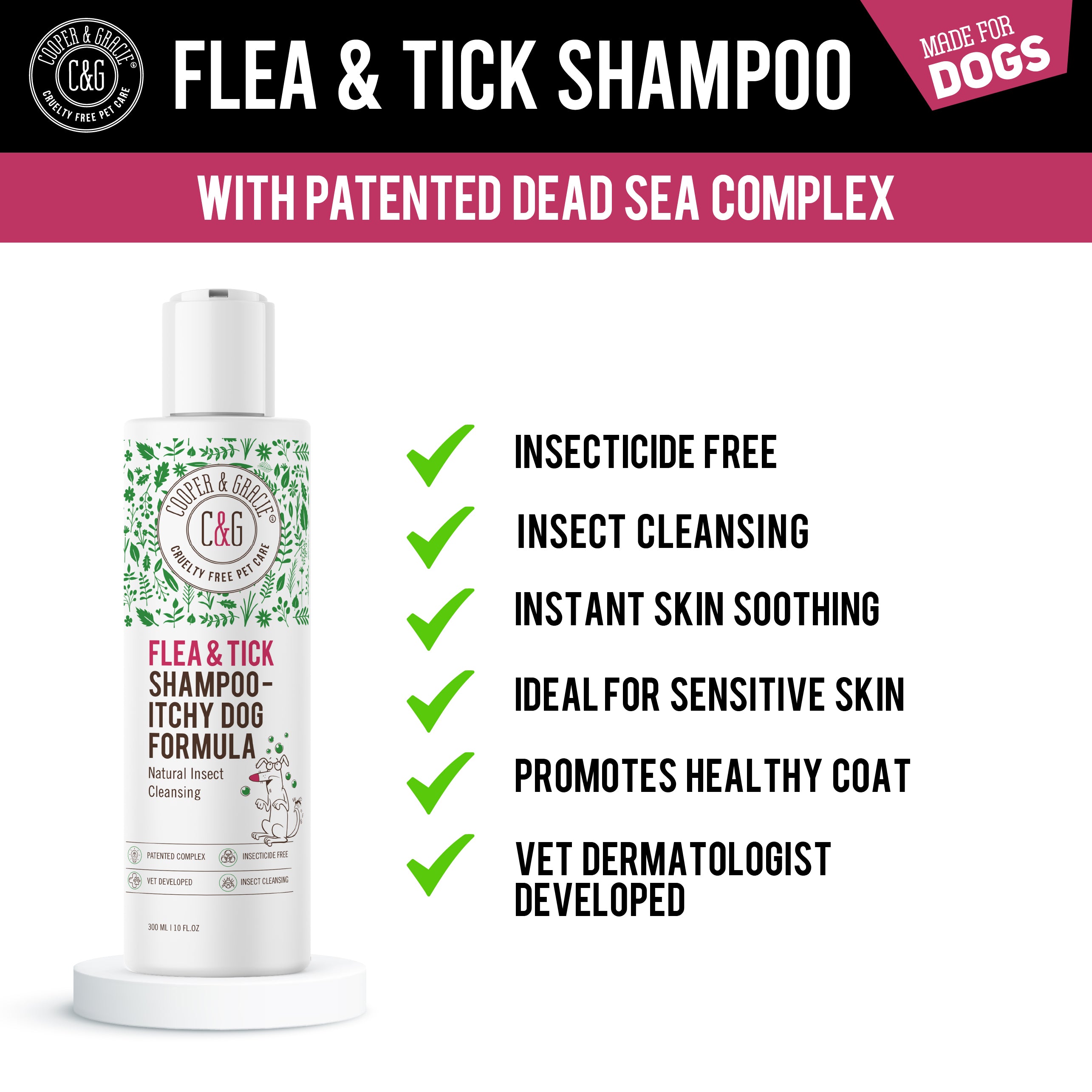Introduction to Feline Behaviour
Cats are enigmatic creatures, fascinating and perplexing to even the most devoted of pet lovers. Delving into their instincts and common habits can shine a light on many of their peculiarities, including the age-old question: why do cats eat grass?
Historical Perspectives on Cats Eating Grass
Theories Behind Grass Consumption
There is evidence to suggest that grass-eating is a behaviour that has been observed in cats for centuries. It's not just a quirky habit but could be rooted in survival instincts.
Health Benefits of Grass to Cats
Nutritional Content of Grass
While grass is not a substantial source of nutrition, it provides some vitamins and minerals that can complement a cat's diet.
Grass and Digestive Health
Grass as a Source of Fibre
The fibre in grass can aid in digestion, helping to move hairballs through the system and prevent constipation.
The Role of Grass in Hairball Control
Grass consumption is often linked to hairball management, providing a natural way for cats to purge themselves of indigestible hair.
The Psychological Aspects
Stress Relief and Behavioural Expression
Chewing on grass can be a form of stress relief and is a natural behavioural expression for cats, offering sensory stimulation and potential relaxation.
The Sensory Experience of Grass
The texture and taste of grass can provide sensory pleasure to cats, similar to how they enjoy catnip.
Potential Dangers of Grass Consumption
Pesticides and Chemicals
When cats venture outdoors, they often come across grass as part of their natural exploration. However, not all grass is safe for feline consumption. Many lawns and public green spaces are treated with a range of pesticides and herbicides to maintain their manicured appearance. These chemicals, designed to kill weeds and pests, can be toxic if ingested by your cat. Symptoms of pesticide poisoning in cats can range from mild gastrointestinal upset to severe neurological issues, depending on the toxicity level and exposure.
Moreover, fertilisers, which are used to promote plant growth, can contain ingredients like nitrogen, phosphorus, and potassium that are hazardous to your cat's health if consumed in large quantities. In addition to these, fungicides and insecticides may also be present on outdoor grass, posing an additional risk.
Therefore, it's crucial for cat owners to be vigilant about their pet's outdoor activities.
Outdoor vs. Indoor Grass Risks
One way to prevent accidental ingestion of these harmful chemicals is by providing a safe, indoor alternative such as cat grass—a mix of grasses that can be easily grown inside, which are free from these dangerous substances. This way, you can ensure that your cat enjoys the benefits of grass without the risks associated with outdoor varieties treated with chemicals.
How to Safely Provide Grass to Your Cat
Choosing the Right Type of Grass
Not all grass is created equal, and some types are better suited for feline consumption.
The most popular and safest options for cats include wheatgrass, oat grass, and barley grass, which are easily digestible and can be grown at home. These types are often referred to as 'cat grass' and are specifically cultivated for pet consumption, ensuring they're free from the pesticides and chemicals found in typical outdoor grass.
Wheatgrass is particularly rich in nutrients and is known for its high chlorophyll content, vitamins, and minerals that can benefit your cat's health. Oat grass offers a slightly different texture and taste, which some cats may prefer, and barley grass shares similar properties to wheatgrass, being a nutritious option that cats often enjoy.
When choosing grass for your cat, it's important to consider how easily you can grow it, its nutritional value, and whether it's non-toxic. Avoid ornamental grasses or those treated for commercial lawn care, as they can be harmful if ingested. By providing your cat with a safe variety of grass, you can allow them to indulge in their natural instincts without compromising their health.
Growing Grass Indoors for Cats
Providing a safe source of grass indoors can satisfy your cat's craving without the risks associated with outdoor grass.
Alternatives to Grass for Indoor Cats
Commercial Grass Kits
Commercial grass kits are an excellent solution for cat owners looking to provide their feline friends with a safe and controlled grass-eating experience. These kits typically include seeds for growing grass varieties that are non-toxic and beneficial for cats, such as wheatgrass, oat grass, or barley grass. They are designed to be easy to use, often coming with their own growing medium and instructions to ensure a quick and successful growth process.
By using these kits, you can grow a steady supply of fresh, chemical-free grass indoors, away from the potential dangers of outdoor lawns.
Cat-friendly Plant Options
Certain plants can act as a substitute for grass, offering similar benefits without the risks.
For those seeking alternatives to grass, there are several cat-friendly plant options that can offer similar satisfaction. Spider plants, for instance, are non-toxic and have long, arching leaves that cats may enjoy batting at and nibbling. Valerian and catnip are well-known for their ability to attract and stimulate cats, providing them with a pleasurable sensory experience.
These plants not only enrich your cat’s environment but also add a touch of greenery to your home. It's essential, however, to ensure that any plant brought into a home with cats is safe for them. Always check with a reliable source or your vet before introducing a new plant to your cat's surroundings.
Understanding Your Cat's Needs
When to Be Concerned
It's natural for cats to show occasional interest in grass, but when this behaviour becomes excessive, it could signal an underlying health issue. Overindulgence in grass might indicate that your cat is attempting to self-treat an upset stomach or discomfort. It could also be a sign of a more serious condition, such as a dietary deficiency or gastrointestinal disorder.
If you notice a sudden increase in grass consumption, especially if accompanied by signs of distress or changes in bowel movements, it's important to consult with your veterinarian.
Observing Your Cat's Behaviour
Keeping a watchful eye on your cat's normal behaviour patterns is key to early detection of potential health problems. Cats are creatures of habit, so any significant deviation from their usual demeanour, appetite, or activity level should prompt closer attention.
Excessive grass eating combined with lethargy, vomiting more than usual, or showing disinterest in their regular diet are all cues that your cat may need medical attention. By understanding what is typical for your cat and observing any changes, you can ensure they receive the care they need promptly.
Common Myths About Cats Eating Grass
Dispelling Misconceptions
Dispelling misconceptions about cats eating grass is vital for understanding and caring for our feline companions appropriately.
Common myths suggest that cats eat grass to relieve sore throats, to supplement their diet with essential nutrients, or even because they are unwell. However, these ideas are often rooted in outdated beliefs or misinterpretations of cat behaviour.
Facts vs. Fiction
The reality is that while cats may occasionally eat grass to help regurgitate indigestible material like hairballs, they mainly do so because it is a natural instinct. Domestic cats share many behaviours with their wild ancestors, including the consumption of grass, which in the wild can help expel intestinal parasites. Grass eating does not typically signify a nutritional deficiency in cats, especially if they are on a balanced diet.
Facts versus fiction in this context means understanding that the act of a cat eating grass is neither a complex psychological behaviour nor a definitive indicator of illness. It's a regular activity that, for the most part, is harmless and can even be beneficial. Still, it's essential to ensure that the grass they consume is safe and free from harmful chemicals. By basing our responses on scientific research and current veterinary advice, we can care for our cats in a way that respects their natural behaviours while keeping them safe.
Expert Opinions on Feline Grass Eating
Veterinary Insights
Veterinarians bring a wealth of knowledge to the table through scientific research and clinical observations. They can offer insights into the reasons why cats might eat grass, based on a combination of what is observed in practice and what the latest veterinary science suggests. For instance, vets might clarify that while grass eating is normal for cats, consistent vomiting after grass consumption should be checked to rule out health issues.
Recent Studies and Findings
Recent studies and findings have continued to evolve our understanding of this behaviour. Research has investigated various theories, from grass acting as a natural laxative to it being a source of folic acid, which is essential for a cat's bodily functions. Some studies suggest that the act of vomiting itself, often induced by eating grass, could be a cat's way of eliminating parts of their diet that are indigestible.
These insights underscore the importance of observing your cat's health and behaviour. If a cat's grass-eating habits are accompanied by symptoms like weight loss, decreased appetite, or changes in stool, it's crucial to seek veterinary advice.
With ongoing research, veterinarians can continue to provide cat owners with up-to-date recommendations on how to manage this natural feline behaviour effectively.
The Bigger Picture
Cats' Diet and Natural Instincts
A cat's diet is closely linked to their natural instincts, and grass-eating should be viewed through this lens.
Domestication and Natural Behaviours
The process of domestication has altered many natural behaviours, but the instinct to eat grass persists.
Conclusion
In conclusion, cats eat grass for a variety of reasons, from health-related benefits to psychological needs. While it may seem odd, it is a natural behaviour with many potential benefits, as long as it's done safely.
FAQs
-
Is it safe for my cat to eat grass outside? It's relatively common for cats to nibble on grass, but outdoor grass can be risky due to potential exposure to pesticides, fertilisers, and other chemicals. It's best to monitor what type of grass your cat is consuming and consider growing a safe variety of cat grass indoors.
-
Can eating grass cause my cat to vomit? Yes, one of the reasons cats may eat grass is to induce vomiting. This can be a natural way for them to clear their digestive tract of hairballs or other indigestible items. However, frequent vomiting can also be a sign of a health issue, so it's important to consult a vet if it's a regular occurrence.
-
How often should I let my cat eat grass? There's no set frequency, but occasional grazing on grass is normal for cats. Ensure that the grass they have access to is safe and non-toxic. If you notice your cat is eating grass more frequently, it could be indicative of a dietary deficiency or gastrointestinal issue, and you should seek veterinary advice.
-
What types of grass are safe for my cat? Grasses that are generally considered safe for cats include wheatgrass, oat grass, and barley grass. These can often be found in pet stores or can be grown at home from seeds specifically labelled as cat grass.
-
How can I grow cat grass indoors? Growing cat grass indoors is quite simple. You can purchase cat grass kits from a pet shop, which usually contain a pot, soil, and seeds. Place the pot in a sunny area and water it regularly. The grass typically begins to grow within a few days and is ready for your cat to enjoy within a week or two.
Discover the Natural Choice for Your Cat's Wellbeing with Cooper and Gracie
At Cooper and Gracie, we understand that your cat is more than just a pet – they're a cherished member of your family. That's why we're committed to providing the very best in natural cat care solutions. From our specially formulated cat-friendly supplements, to our range of non-toxic grooming products, we have everything you need to ensure your feline friend is happy, healthy, and full of life. Embrace the benefits of nature with our eco-friendly products, and join the community of responsible pet owners who trust in Cooper and Gracie's commitment to quality and sustainability. Visit us now to give your cat the gift of natural care, and watch them thrive! 🌱🐾
Shop with us today and discover the difference nature can make.
Related Posts
How to Stop Cats From Pooping in the Garden

